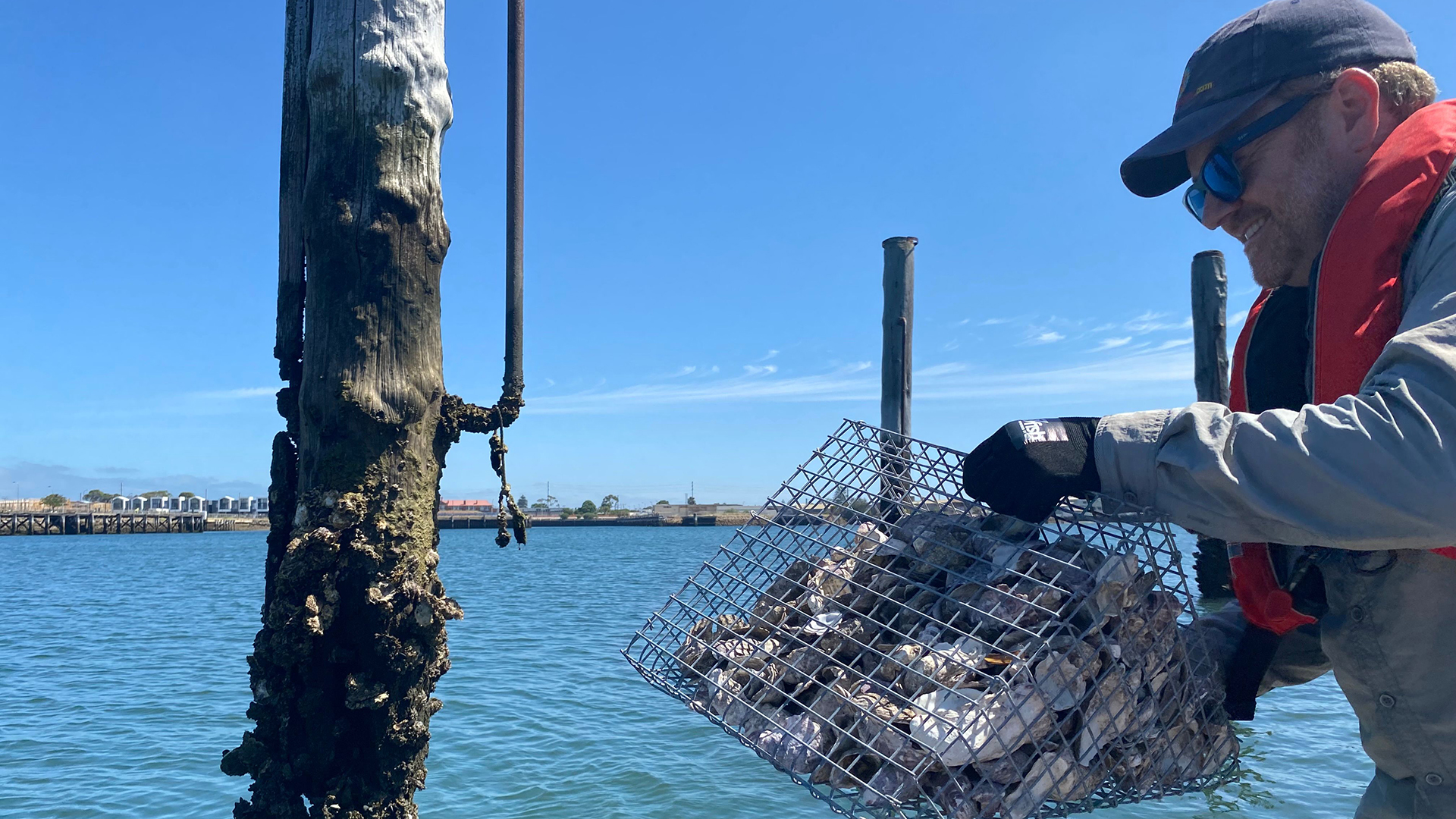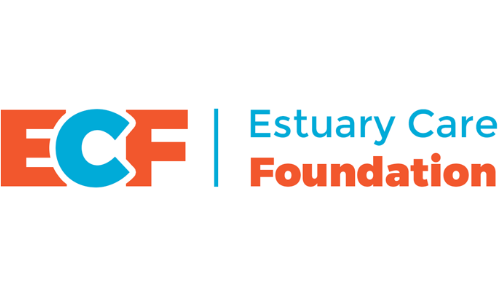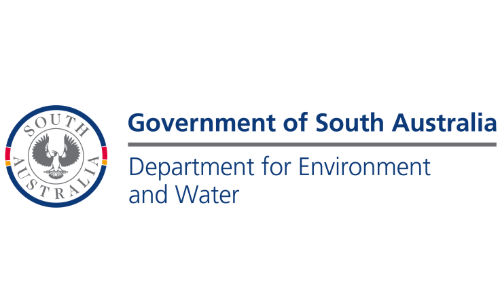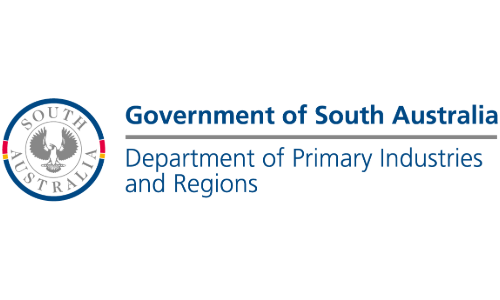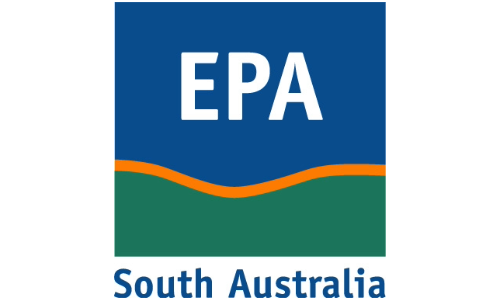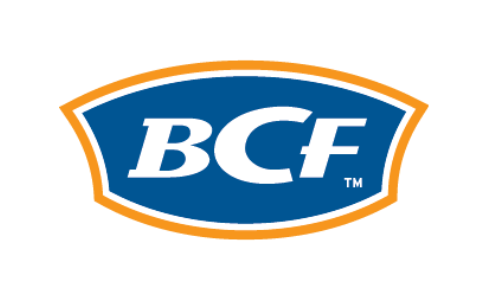OzFish Adelaide Chapter worked with the Estuary Care Foundation (ECF) to construct and deploy 70 Robust Oyster Baskets that will play a key role in returning vitally important shellfish reefs to the Port River estuary.
70 Robust Oyster Buckets
restored
188 volunteer hours
delivered
1.1 tonnes of oyster shell
recycled
The decline of shellfish reefs in South Australia
Before the settlement of the City of Adelaide in 1836, the Port River and Barker Inlet estuary was home to numerous shellfish reefs. The native flat oyster, Ostrea angasi, was plentiful in the area at that time but is unfortunately now only found occasionally. This is in part due to overexploitation by dredge fishing from the 1800s to the early 1900s.
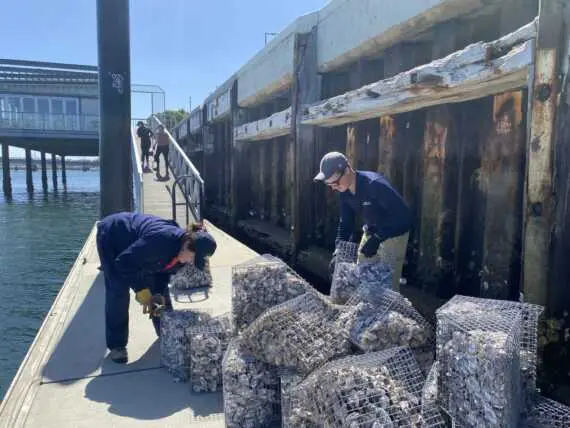
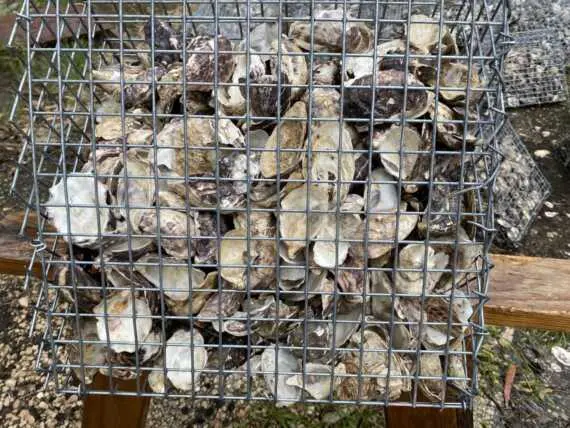
Shellfish reefs are living ecosystems made up of many different species and create complex vertical structures which make ideal homes, breeding locations, and food sources for a vast array of native fish and invertebrate. It has been shown that every hectare of living shellfish reef produces an additional 2.5 tonnes of harvestable fish each year.
Shellfish are also efficient filter feeders and can filter and improve water quality, as well as sequestering nutrients and helping to promote seagrass growth.
Community effort to address the problem
The project will build on an earlier project to which saw volunteers build and deploy 70 Robust Oyster Baskets in the Port Adelaide Estuary. Volunteers obtained oyster shell from SA Growers and processed it at Fort Glanville Conservation Park following the state government approved methods. Over 3 working bees, 28 volunteers assembled 70 OzFish standard baskets (ROBs) and filled them with recycled shell. The ROB’s were then placed on the riverbed to mimic natural shellfish bomboras.
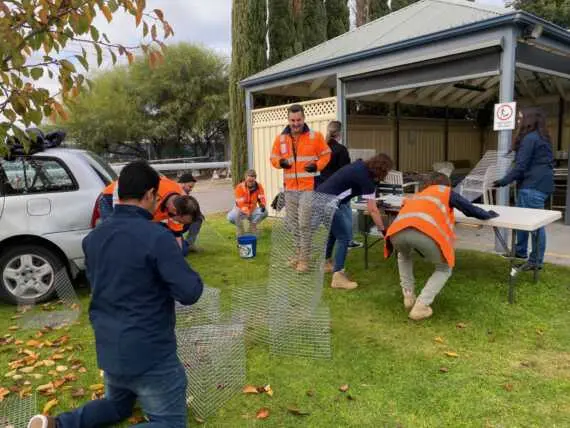
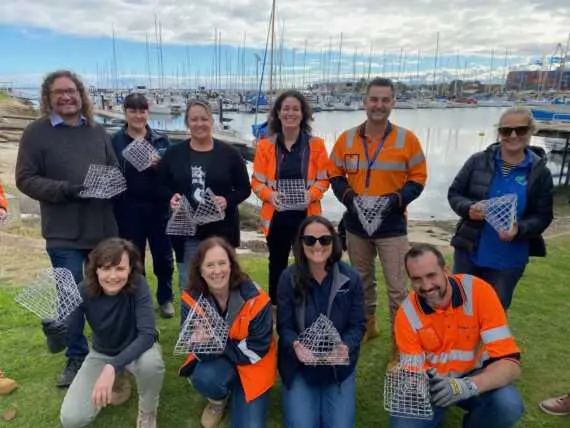
This new project will engage the local community in restoring a further 5000m2 of locally extinct native oyster reefs and adjacent mangroves to reintroduce essential fish habitat, filtration services, and blue carbon benefits to the Port River. The project will see the installation of recycled sanitized oyster shells filled into 1250 purpose built Robust Oyster Baskets, as well as the establishment of naturally recruiting mangrove seedlings
All of this construction work was delivered by 28 volunteers across three working bees, before they helped to deploy the ROBs at strategic locations in the Port River estuary. Those locations were identified by marine scientists to offer the best chance for the ROBs to encourage oyster growth.
Adult native oysters grown by the Estuary Care Foundation have also been deployed on the reef which will provide a suitable substrate for the native oyster spat to colonise.
The sites will be monitored by students from the University of Adelaide to determine colonisation by native oysters and other organisms as well as native fish species visiting the site.
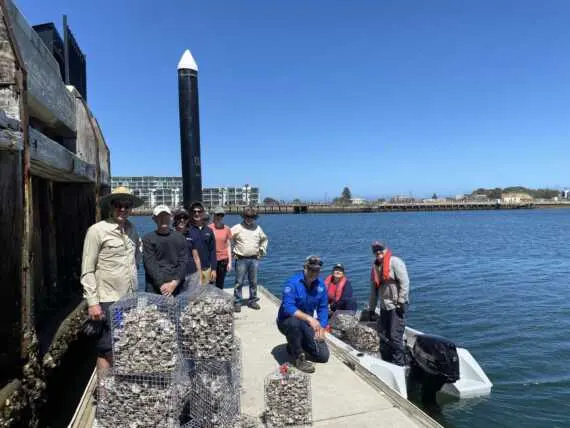
OzFish needs your help to build and fill Robust Oyster Baskets.
The OzFish Adelaide Chapter will be running a shellfish restoration project over the next 2 years. We need volunteers to come along to lend a hand with building and filling the ROBs for deployment.
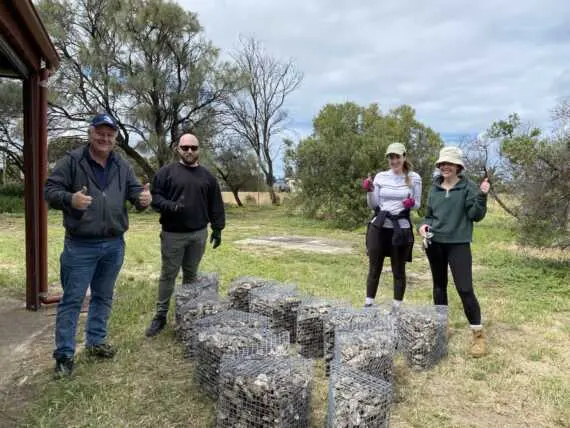
24 June 2024 | Get ready Adelaide, the Port River is about to make more fish
OzFish’s Adelaide Chapter is about to embark on a shellfish revolution for the Port River. Over the next two years, recreational fishers will work hard to restore shellfish reefs lost from the Port River by recycling oyster shell into reef forming triangular baskets.
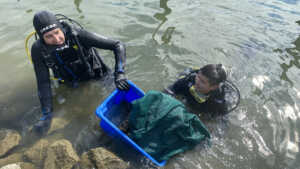
27 May 2023 | New oysters in the Port River (but none you can eat)
Research underpins and informs everything we do – it is part of our OzFish DNA. The pioneering shellfish restoration project in the Port River in Adelaide is no exception. This week, students from the University of Adelaide’s School of Biological Sciences conducted the first monitoring activities on the Robust Oyster baskets (ROB’s) that were installed in the Port River, South Australia, in December last year (2022).

24 January 2023 | Shellfish restoration underway on the Port River, South Australia
Our members, supporters, and the local community are determined to help restore thriving shellfish reefs to the Port River estuary. There have been previous successful trials by the Estuary Care Foundation (ECF) to return native flat oysters to the waterway. To build on those existing efforts, our Adelaide Chapter worked with the ECF to identify how our ROBs, deployed extensively elsewhere in Australia, could play a key role in returning vitally important shellfish reefs to the Port River estuary.

